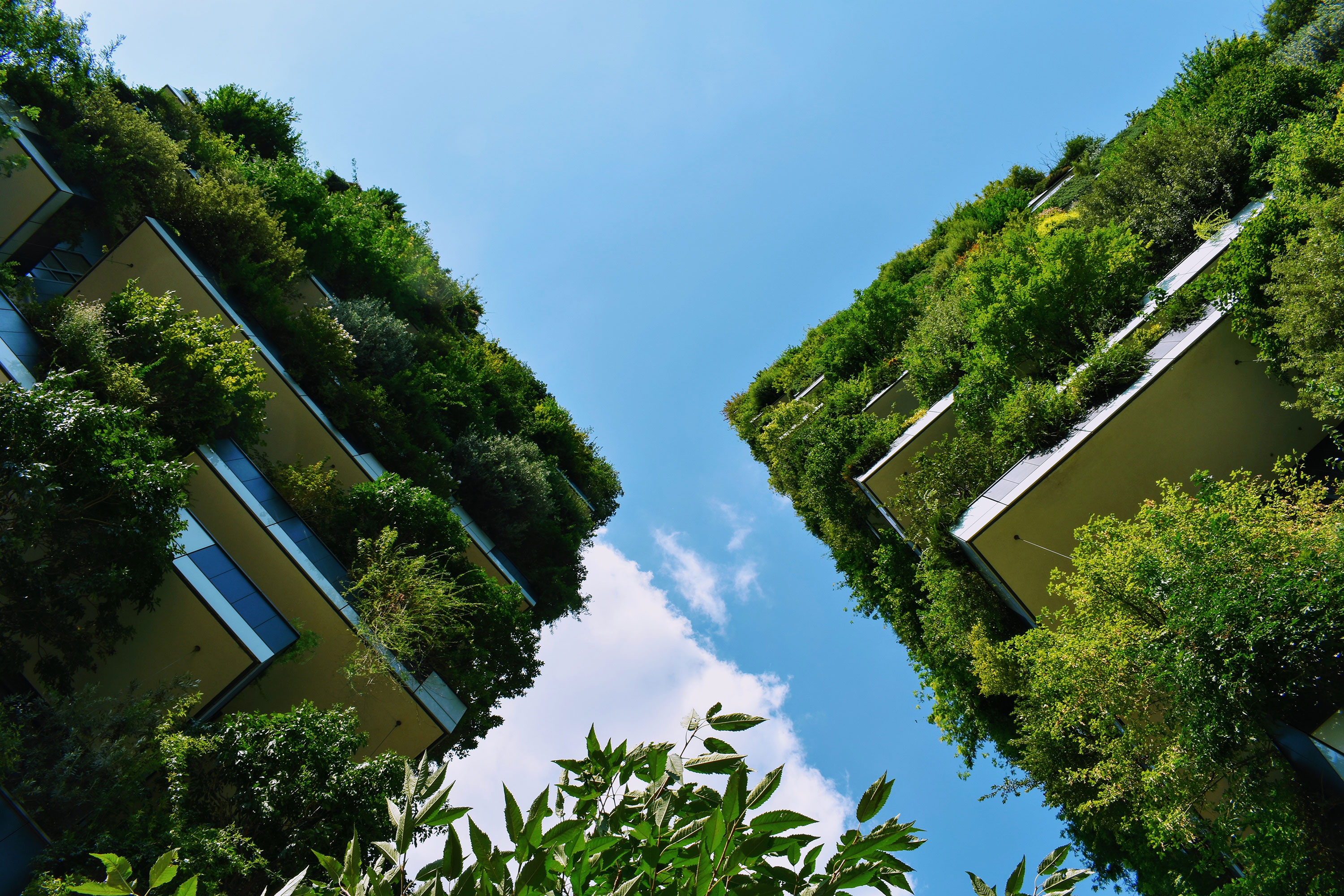
Action - Nature
Nature: We're part of it - whether you like it or not! Humans have only been around for the blink of an eye in geological terms, and yet, through our inredible ingenuity we have made our mark on every last bit of this beautiful planet - from the deepest oceans to the highest mountains.
Most species, including humans, have evolved to survive in a very narrow band of conditions (we've yet to find another planet that is home to life among the billions in our galaxy). But human activity is changing these conditions at an unprecedented rate. Sure, things have changed in the past - we've had ice ages, and the planet has been hotter than it is today - but speed of human-induced climate change is what makes these changes potentially catastrophic. In fact they aleady are catastrophic for the species going extinct every day due to rising temperatures, ocean acidification, droughts, fires and more...most of which is down to land use change and the burning of fossil fuels.
Wildlife
Everyone loves David Attenborough. No ifs, no buts. Over an incredible career, he has documented the natural wonders of this planet, but he has also witnessed the decline in nature that has gone hand in hand with human progress.
At some point - possibly not many years from now - if we continue to degrade the natural environment, we will hit one or more tipping points. The scary thing about a tipping point (e.g. walking off the edge of a cliff) is that you can't just turn round and go back to an earlier, safe, position. If, for example, we get to the point where there are not enough bees to pollinate all of our crops, then a proportion of the crops fail, then there's not enough food for the remaining bees, and then more bees die and then...
Letting plants and animals thrive in our homes, gardens and workplaces - is an absolute priority..let's try to let nature bounce back while we're still around to watch it happen.
Gardens
Everything that we can do to reverse the decline in nature, before we reach tipping points - is critical to our survival. Left to its own devices, nature has an incredible way of bouncing back - so much of what we need to do is give it space...avoid paving over gardens and driveways, don't use pesticides, embrace "weeds" and let them grow rather than manicuring your lawn. What we see as beautiful is highly subjective...I now see lawns as deserts, and a "messy" gardens as an oasis literally buzzing with life.
If you don't have a garden, consider window boxes, allotments, community gardens, and your workplace - just give peas a chance!
Buildings
Much of the world's population now lives in urban environments (cities) and with that comes a miriad of benefits, but also a raft of problems. One of these is the Urban Heat Island Effect whereby the concrete jungles that have replaced real jungles absorb the suns heat and store it up, often becoming unbearably hot.
Clever design of buildings - often using centuries old practices - can make a huge difference; deciduous trees provide shade in summer, but can allow the rays of the sun to heat a building in the winter (assuming the building has been constructed in the correct orientation). Avoiding huge expanses of sun-trapping glass and instead considering natural ventilation systems can reduce summer temperatures and energy consumption.
Urban farms demonstrate that food can be grown within the fabric of a home or office, bird boxes and beehives can contribute to biodiversity, and the health benefits of being in closer contact to nature are well understood if underappreciated.
Water and Land Use
By replacing complex, diverse natural eco-systems with simple mono-cultures for farming, we undermine their reslience to shocks (such as the pathogen that wiped out all bananas globally in the 20th century).
Many large companies spend our hard-earned money to destroy swathes of the natural world - land and sea - in the process of making their products. Pester-power can be a devastating weapon and we need to hold such companies to account, and demand that they find sustainable ways of providing us with their wares.
If you would like to join the Mammoth - A Climate Action Cinema email list, please enter your details below. We will send you cinema listings and (we hope) inspiration from time to time.